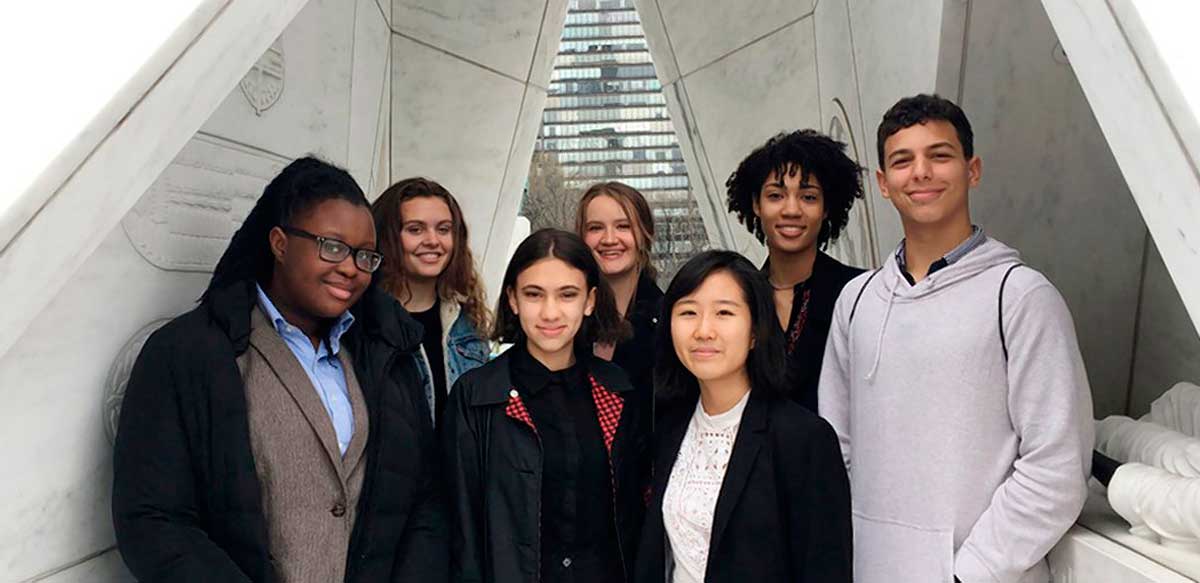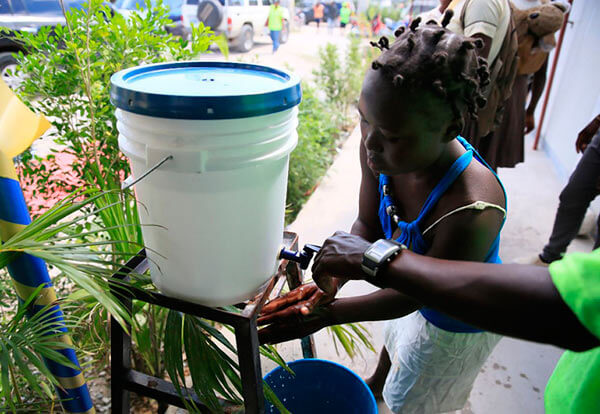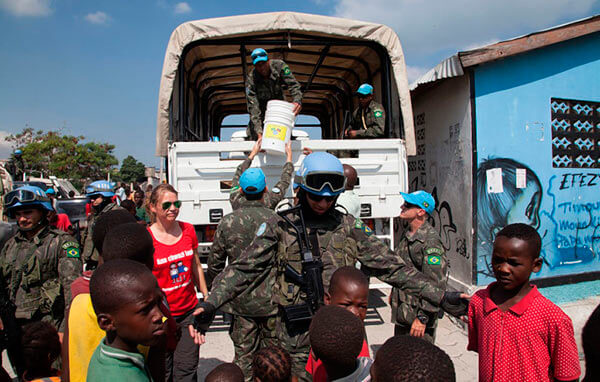The United Nations says students from around the world joined the global body and government officials in New York on Friday to celebrate the contributions made by the people of African descent, beginning from the time they were taken from their countries and forced into generations of servitude.
Speaking to UN News prior to the event, Missouri Sherman-Peter, the permanent observer for the Caribbean Community (CARICOM) to the UN, highlighted the importance of recognizing the heritage of those compelled into slavery, and informing the younger generation of what happened centuries ago.
“Knowledge is power, and you can’t begin to resolve problems, address them or recognize and be proud of what you are unless you have the knowledge,” she said.
“When you bring students to think that way, the problems and differences [among people] become less when everyone understands what happened […] was horrific,” Sherman-Peter added. “But we are moving on and we can only move on with the young people with us.”
For over 400 years, the UN said more than 15 million men, women and children have been victims of the tragic transatlantic slave trade, one of the darkest chapters in human history.
Christian Crouch, an associate professor of history and director of American Studies, Bard College outlined the ordeals they faced, according to the UN.
“Five years is the number of years a slave survived in a sugar plantation that was nothing more than a factory in a field,” she told young people at the commemorative event.
Responding to a question from schoolchildren in Tanzania, Ms. Crouch explained that the consequences of the transatlantic slave trade continue to reverberate.
“Slavery still flourishes in many places and not only on the African continent. It exists in different forms on every continent of the world,” she said.
The student conference, held as part of the UN Remember Slavery Program, is organized every year in spring to mark the International Day of Remembrance of the Victims of Slavery and the Transatlantic Slave Trade.
It will be followed by educational activities throughout the year, including roundtable discussions, film screenings, an exhibition and tours, including to the Ark of Return, the Permanent Memorial to Honor the Victims of Slavery and the Transatlantic Slave Trade, the UN said.
It said commemorative events are also organized around the world by UN offices and Information Centers to raise awareness on the causes, consequences, lessons and legacy of the transatlantic slave trade.




















